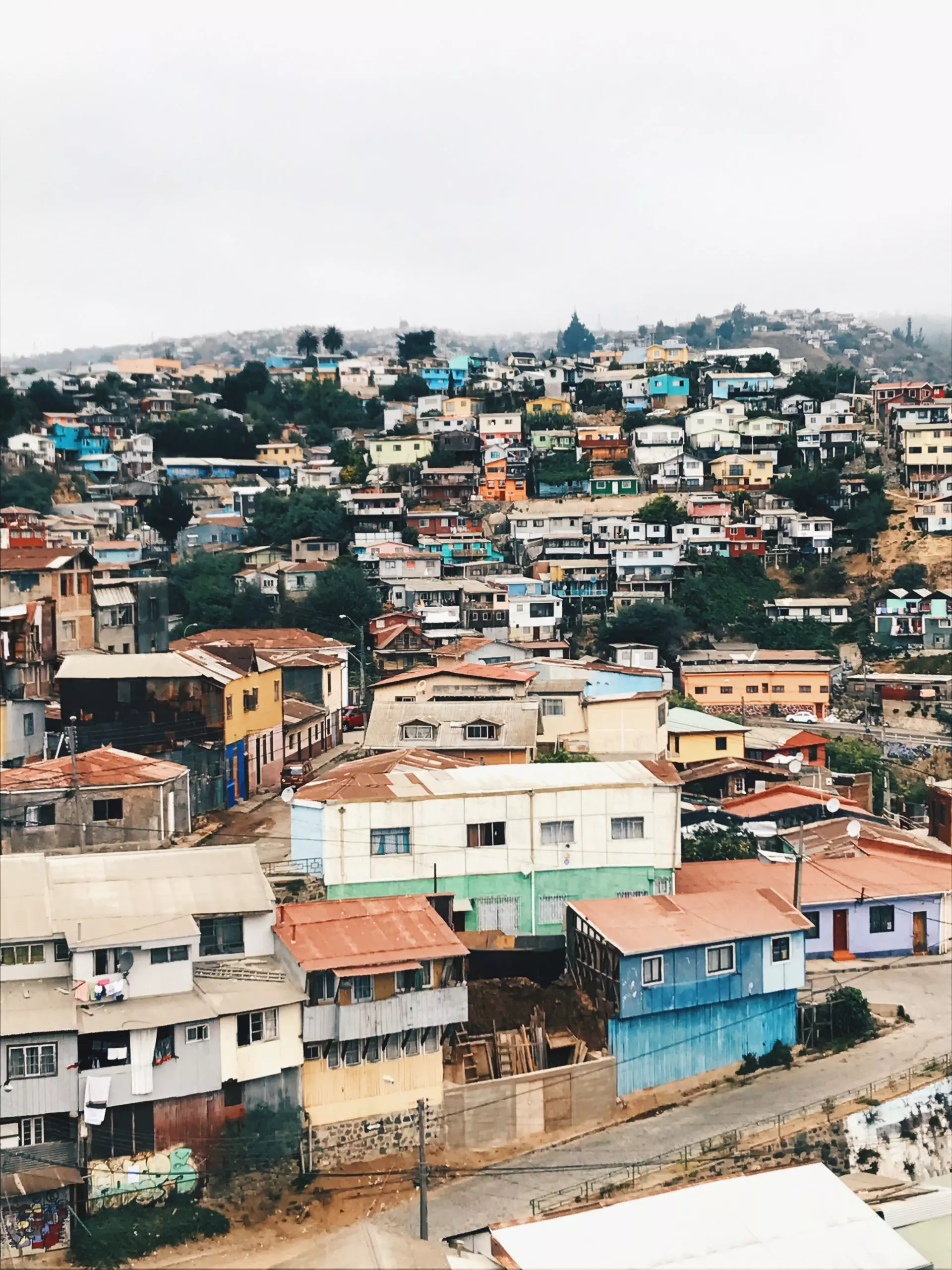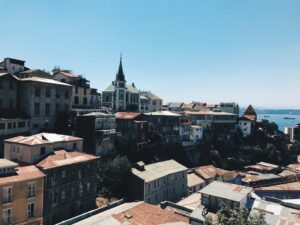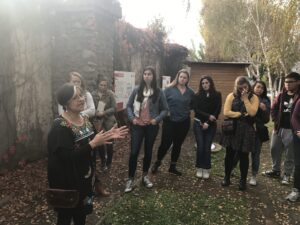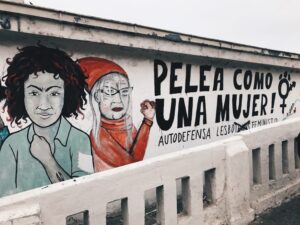How My Semester in Chile Made Me a Better Historian



Before I arrived in Valparaíso, Chile, I had never thought about how history is taught. I never considered how many sides there were to an event, how many opinions there could be about a figure, who and what affected my own learning and finally, how alive so much of history still is. I am a history major and going to Chile was monumental for me to finally understand how contested history can be.
For a little bit of background information, in the 1970s and 1980s, Chile had a dictator name Augusto Pinochet. Backed by the United States, the Chilean military staged a military coop in 1973, killing Salvador Allende, the democratically elected socialist president. As the U.S. was in the midst of the Cold War, the U.S. worried about Chile becoming a communist country, and therefore, helped Pinochet rise to power. Once Pinochet was in power, he stabilized the Chilean economy, cemented Chile as a capitalist country, all the while killing and torturing thousands of Chilean people.

When I arrived in Chile, I knew almost nothing about Pinochet. In fact, one of my goals of study abroad was to learn about his role in Chile’s history. My interactions with Chileans, my classes and IFSA-Butler excursions taught me what I now know about this dictator.
In my first few weeks in Chile, I heard incredibly different opinions from my host family and my own family friends about Pinochet. Some hated him and believed he was an evil dictator. Others believed he was necessary to keep Chile a capitalist country and that the ends justified the means.
For the rest of my time in Chile, I made it my goal to do my own research to understand Pinochet and his impact on Chile and try to understand just the facts. As I did research, I became frustrated with the process and realized that, perhaps, simple facts do not exist. For example, my host family believes that the majority of the 3,000 people killed under Pinochet were innocent people exercising their right to protest and because the government was violent, the protesters could be violent too. My family friends believed the 3,000 people killed were members of a terrorist organization working to kill their president, and if you did nothing against Pinochet, you would have been safe. Both groups of people I talked to agreed that 3,000 people were killed – however, hearing each statement, gave me entirely different opinions on who Pinochet and his dictatorship symbolized and meant for Chile. I asked myself, “Does unbiased information even exist?” I could not understand and differentiate what the facts were. I realized that facts are so tied up in their interpretation. As a history major, going forward in my education, I realized I must be careful about what I choose to cite and must deeply understand my sources. It was the first time in my life that I realized the importance of my sources.
My time in Chile made me think about the United States. It forced me to ask questions about U.S. education. Moreover, what do people in Chile think of the United States?
My time in Chile was incredible for me because I felt like I was witnessing history happen. I had so many conversations that completely contradicted each other. I never offered my own bias in these conversations because I was still forming my own opinion. Chile made me a better historian because it taught me that good people can be on two sides of an argument. The people I talked to on both sides thought that their side was obviously the correct one. I could see each of their points. It was absolutely fascinating.

Valparaíso is a politically active city. It’s covered in political graffiti, gorgeous art work and has weekly protests. At a time in the U.S. when there are often protests, it was particularly fascinating to see people in Chile standing up for their rights. It made me question what do I stand up for? What norms should I question?
I would not have had such an incredible experience had I not lived with my host family. While we differed in opinion sometimes, it was through these differences that I developed my new appreciation for history.
Though I learned so much in Chile, it made me realize how much I still have to learn. I am so excited that I went to Chile because I know that I will forever be more curious and will forever listen to more sides of a story.
Jamie Murray is a student at the University of Michigan and studied abroad with IFSA on the Chilean Universities Program in Valparaíso, Chile in spring 2017.